Goal 15
Protect, restore, and promote sustainable use of terrestrial ecosystems
Sustain forests, combat desertification, halt and reverse land degradation, and stop the loss of biodiversity.Importance: Forests are home to over 80% of all terrestrial species—including animals, plants, and insects. They preserve biodiversity and the ecosystems it supports, while also forming the foundation for strategies to mitigate climate change and reduce disaster risks.
Excerpt from “SDGs Education Handbook – Taiwan Guide”
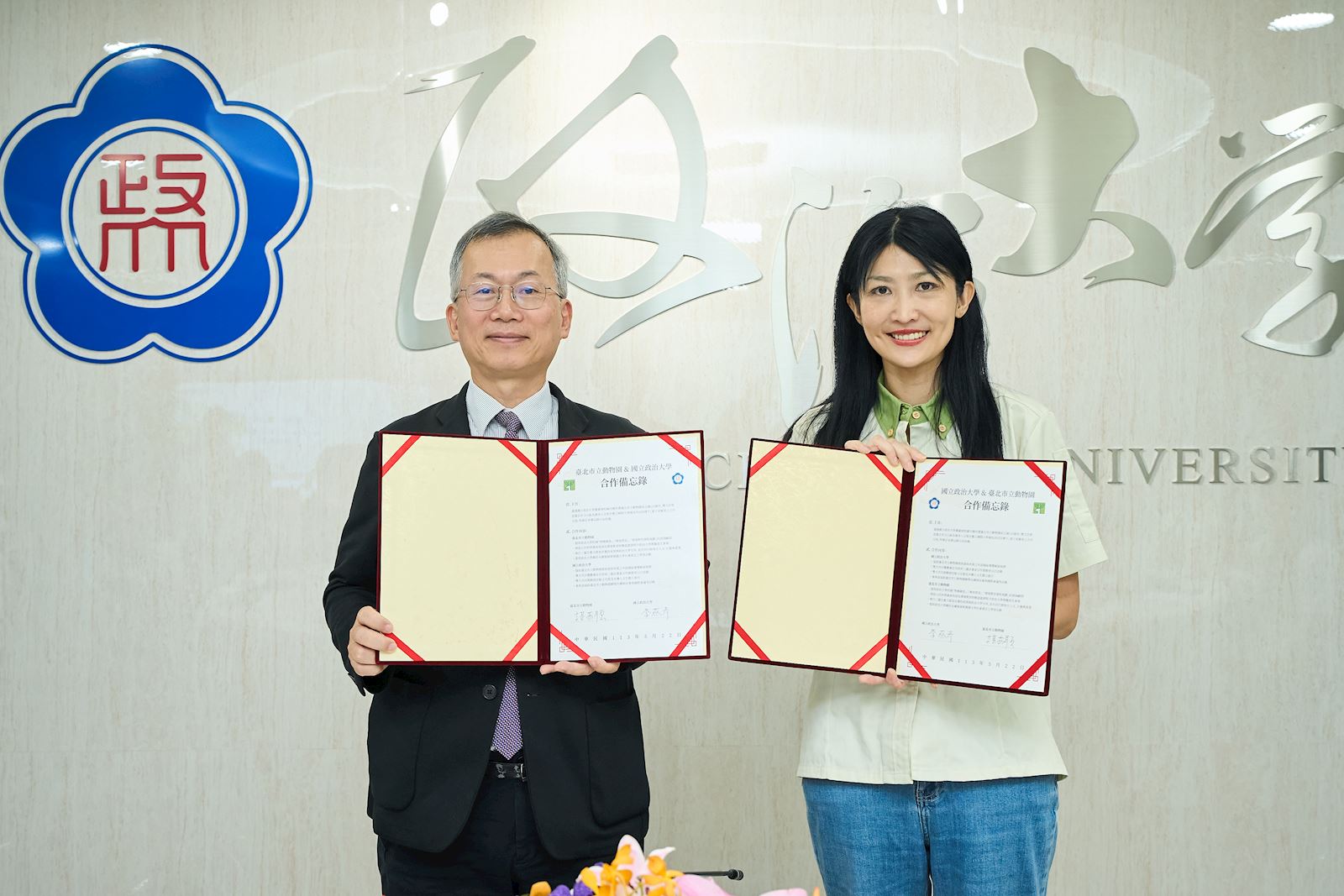
2024-05-22
NCCU and Taipei Zoo Sign MOU to Promote Ecological Sustainability and Multilingual Tour Guide Training
On May 22, the International Day for Biological Diversity, NCCU and Taipei Zoo signed an MOU to promote sustainability and mark their 70th and 110th anniversaries. As key institutions in Wanshing Village, they aim to foster a culturally and ecologically rich university town.
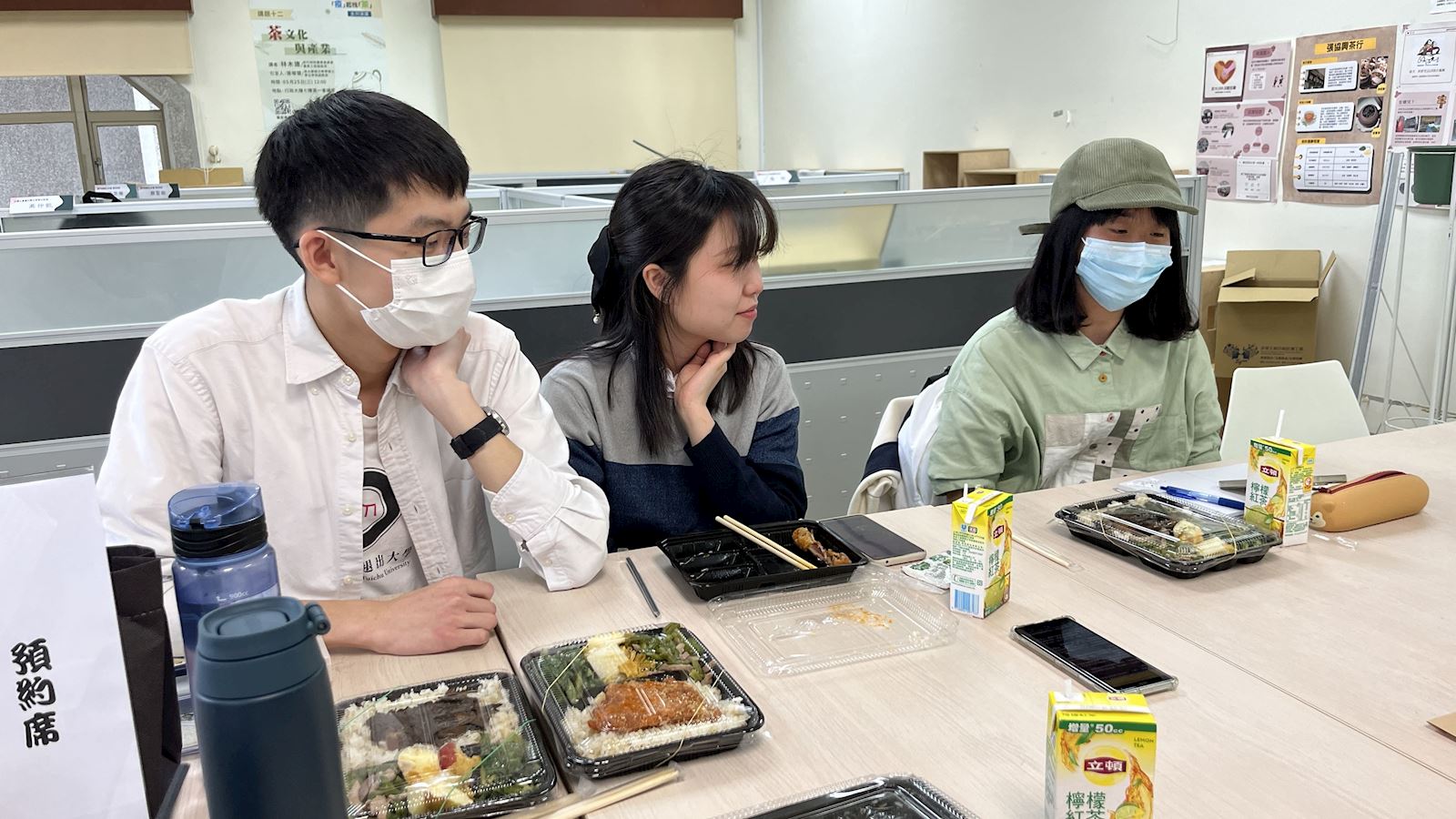
2023-04-18
Uncovering New Perspectives: Interview Highlights from NCCU’s Local Revitalization Series
Since 2019, NCCU has introduced a range of interdisciplinary general education courses on local revitalization, encouraging students to explore community development through both theory and practice.
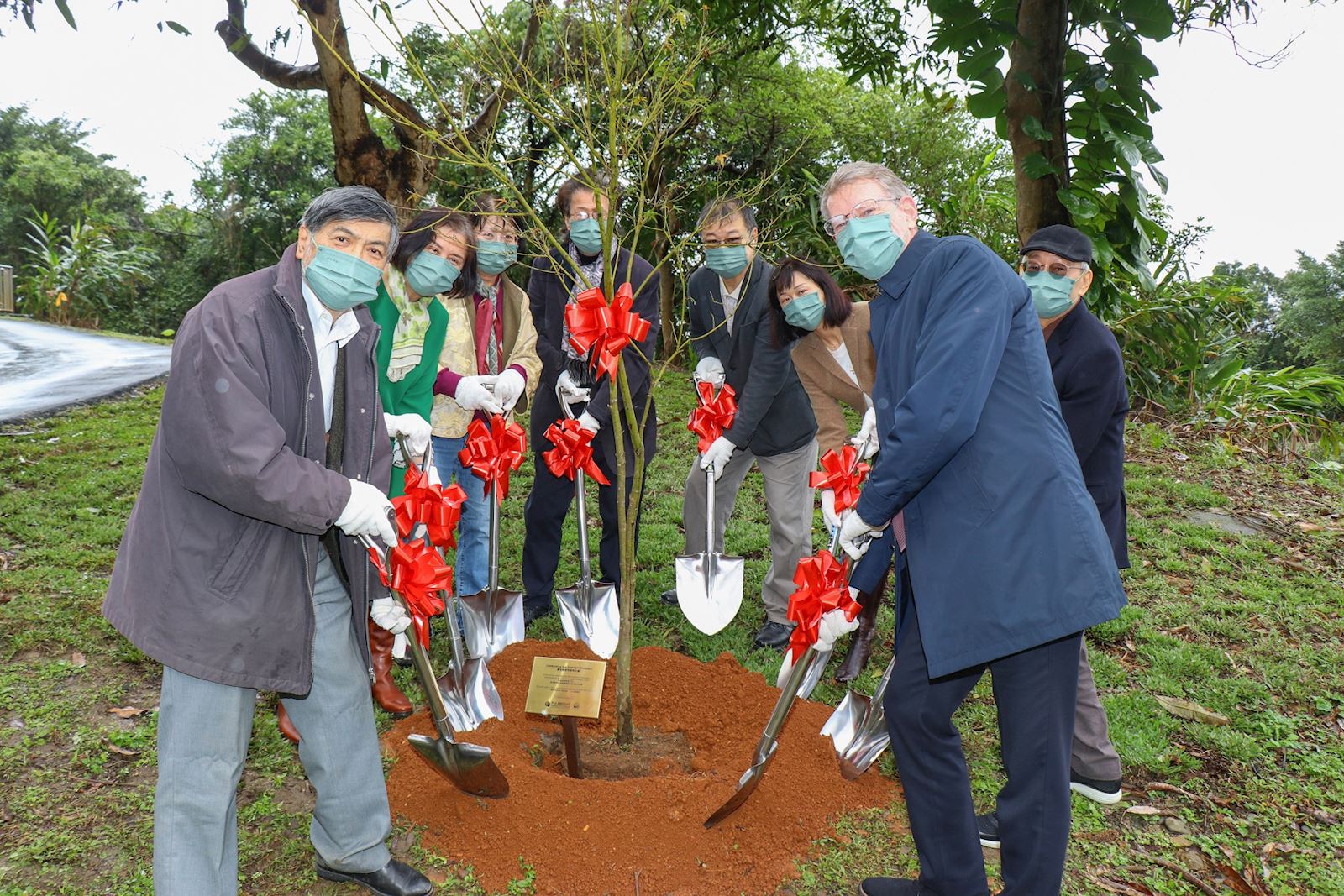
2022-02-21
Advocating Sustainability: NCCU and Fulbright Taiwan Plant Trees Together
NCCU planted 25 Formosan sweetgums on February 17 to support Fulbright Taiwan’s tree initiative and mark 60 years of U.S.–Taiwan academic exchange.NCCU planted 25 Formosan sweetgums on February 17 to support Fulbright Taiwan’s tree initiative and mark 60 years of U.S.–Taiwan academic exchange.

2021-12-20
NCCU College of Commerce and Amundi Pioneer Industry-Academia Partnership for a Sustainable ESG Future
The “Green Finance Innovation Summit” held on December 15 brought together experts from industry, government, and academia to discuss ESG, green bonds, and sustainable finance in Taiwan.
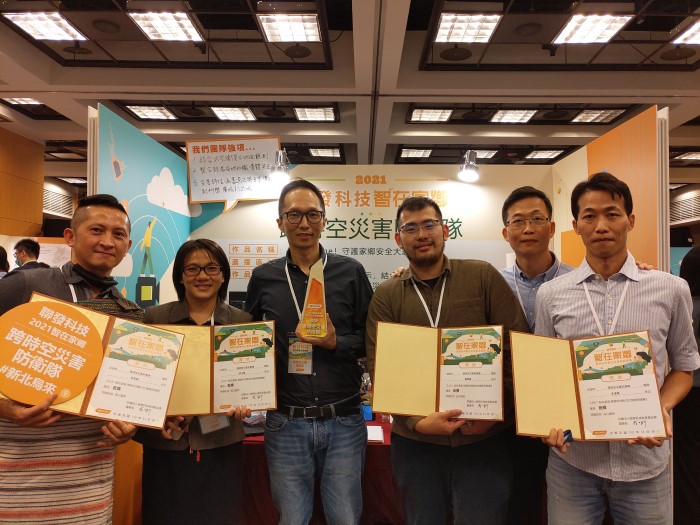
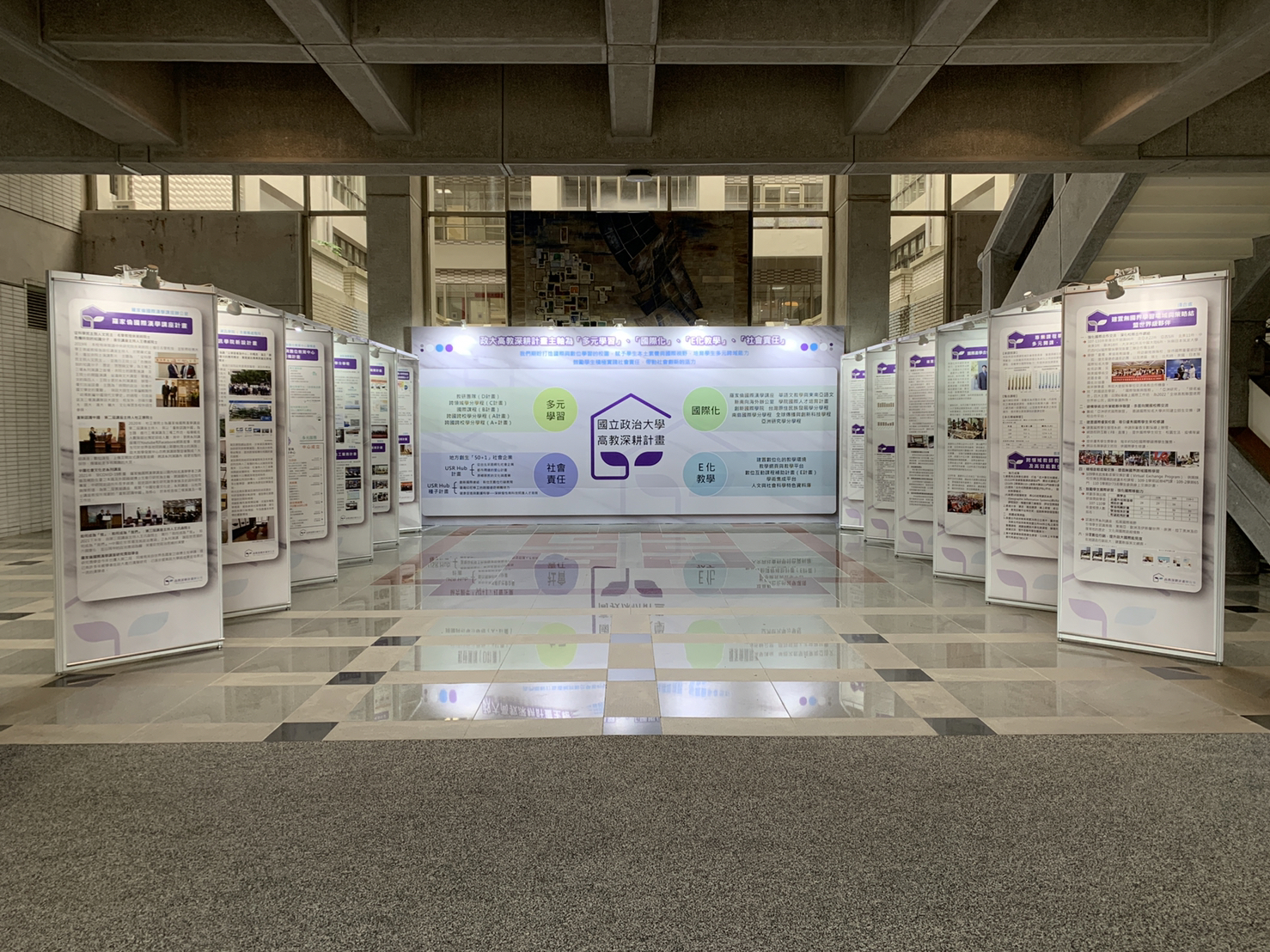
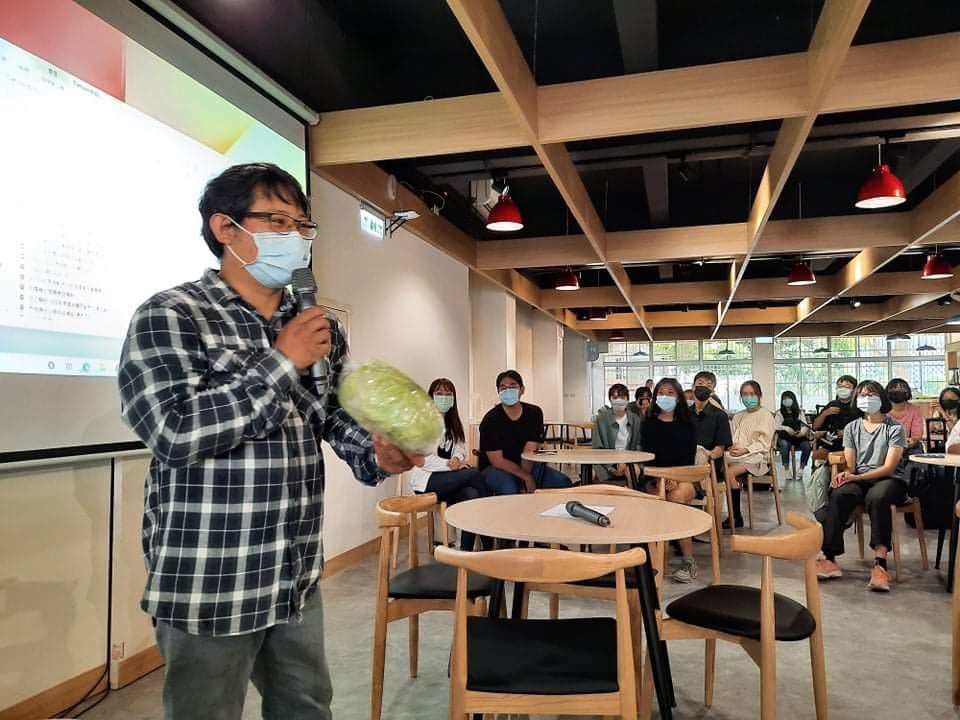
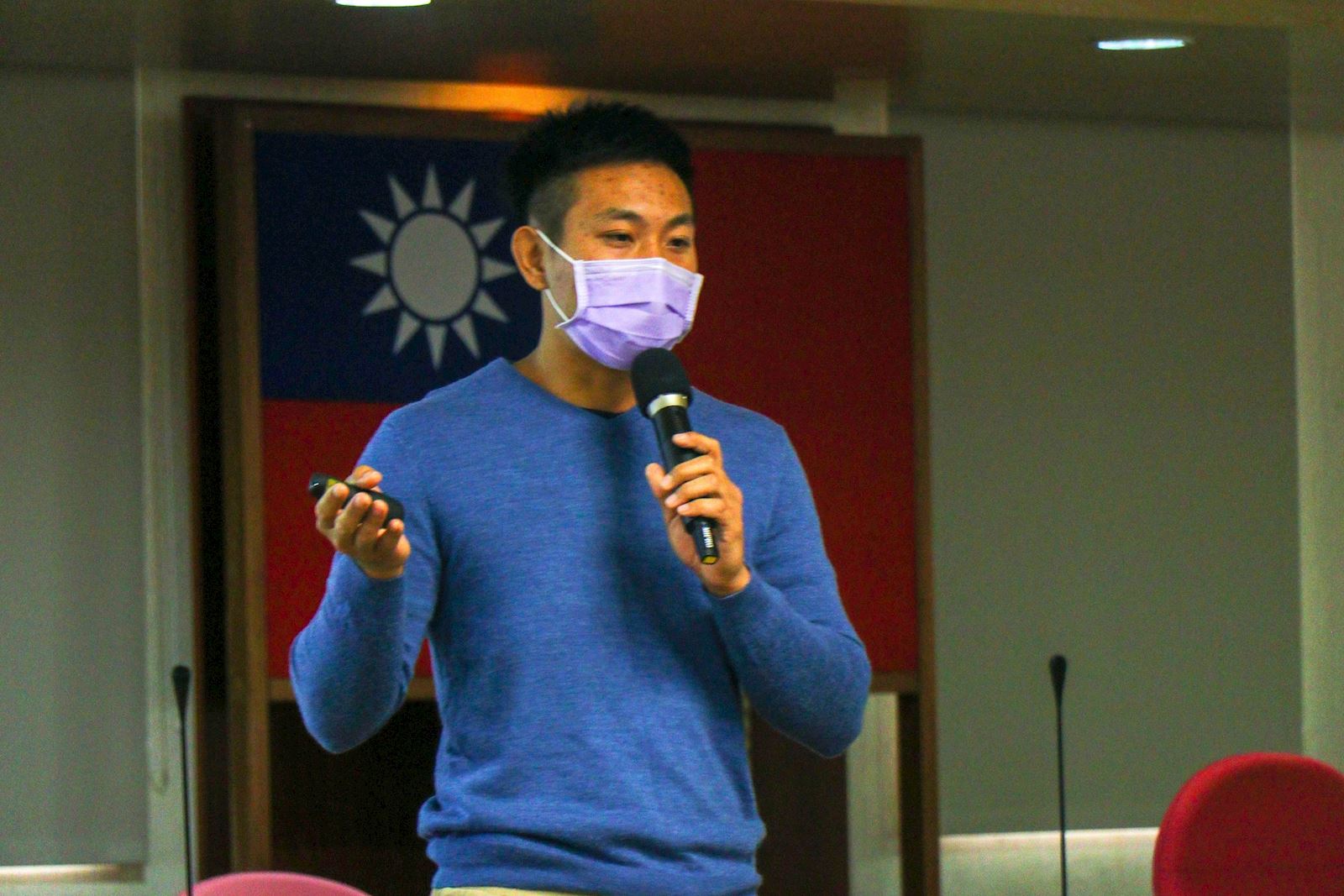
2021-11-10
Tea Lecture Series by the General Education Center: Chan Cheng-De Discusses Pouchong Tea and Eco-Friendly Practices
On November 3, the seventh lecture in the tea series featured Chan Cheng-De of Hsin-Feng Friendly Tea, who introduced Pouchong tea and shared his journey in eco-friendly tea farming.
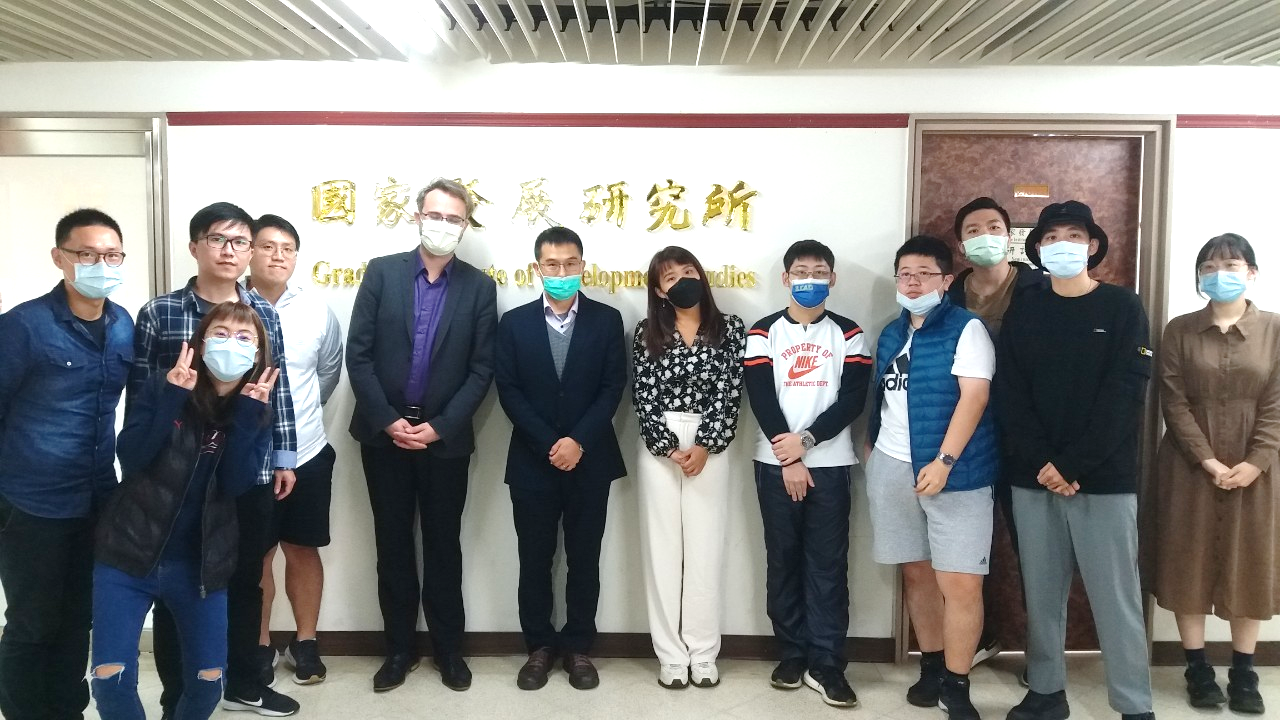
2021-11-05
“Developments in the Global South” Lecture Series: Renewable Energy Development and Challenges
Amid pandemic border restrictions, NCCU’s Graduate Institute of Development Studies launched the 2021 “Developments in the Global South” series, continuing its focus on development and social issues under the SPROUT Project.
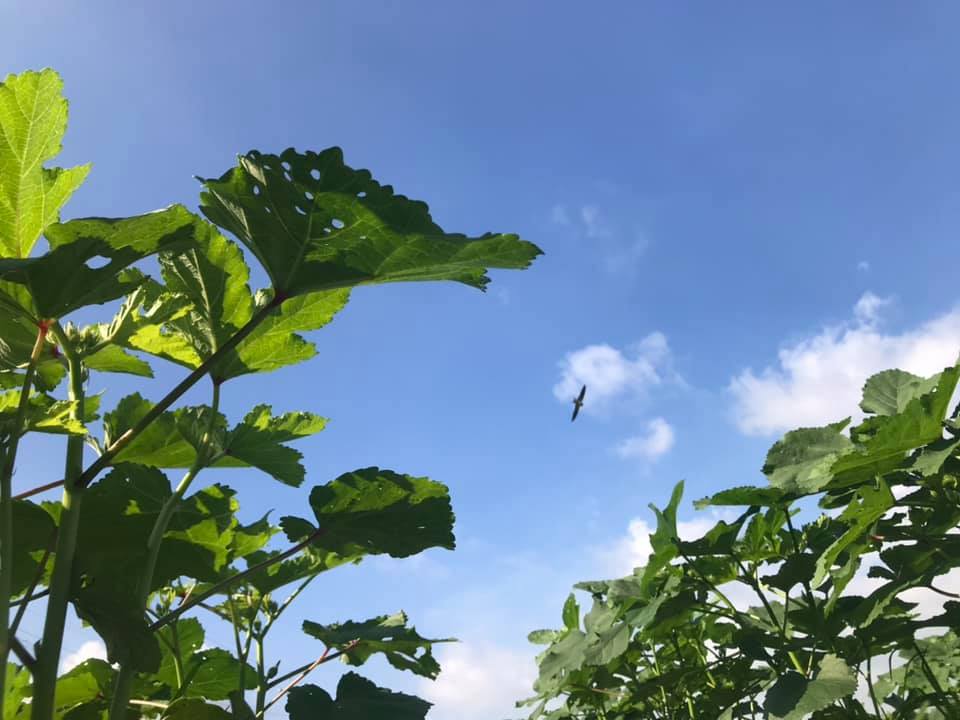

2021-02-01
Three-Year Milestone for the Industry–Innovation Center: Excelling in Industry–Academia Collaboration and Startup Incubation
In its third year as a first-level unit, NCCU’s Industry Operations and Innovation Incubation Center secured over NT$100 million in industry and government funding, guided award-winning startup teams, and cemented its role in translating campus research into impactful, globally recognized innovations, COO Yan Yu-Ming noted.

2020-12-17
College of Social Sciences Partners with “Clothing Library” to Promote the Eco-Friendly Concept of Swapping Instead of Buying
The concept of the Clothing Library is very simple. At its inception, Hong Yu-Chieh set up a “shared wardrobe” in the dormitory corridor where anyone can freely exchange garments—depositing clothes they no longer need and taking whatever they wish.










